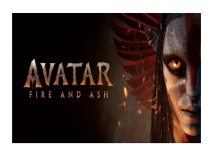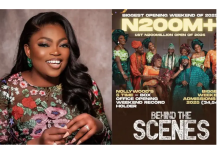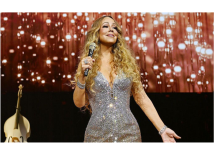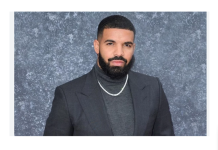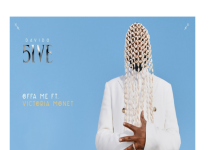The abrupt shutdown of TikTok in the United States has sent ripples through the entertainment industry, eliciting a wide array of reactions from American and Nigerian celebrities.
This development underscores the platform’s pivotal role in modern entertainment and personal expression.
Cardi B’s Unshaken Stance
American rapper Cardi B addressed the TikTok ban with unwavering confidence, asserting that the platform’s absence would not hinder her career. In response to concerns about artists like her who utilize TikTok for music promotion, Cardi B retorted that she is receiving substantial offers, indicating her career’s resilience beyond the platform.
Nigerian Celebrities’ Emotional Responses
The impact of the TikTok ban extends beyond the U.S., affecting international users and creators, including Nigerian celebrities who have amassed significant followings on the platform.
Biodun Okeowo: The actress shared an emotional response, revealing that TikTok had been instrumental in helping her through personal challenges. She mentioned being genuinely close to tears over the ban, highlighting the platform’s role in her life.
Jigan Babaoja: The Yoruba actor, currently in the U.S., expressed his dismay by stating, “How a king of TikTok has been dethroned! Now, let the boredom begin.” His reaction underscores the platform’s significance in his daily routine and creative expression.
The shutdown of TikTok in the U.S., which left over 170 million American users without access, stems from national security concerns tied to its Chinese ownership. In April 2024, President Joe Biden signed a law mandating the sale of TikTok to a U.S.-based or allied buyer, a directive that was not fulfilled, leading to the platform’s discontinuation in the country.
This development has sparked discussions among artists and influencers about the future of digital content creation and distribution. Singer Queen Naija, for instance, suggested that the ban could pave the way for artists who produce “real music,” implying a shift away from trends driven by short-form content.
As the digital landscape evolves, creators worldwide are compelled to adapt to new platforms and methods of audience engagement, ensuring resilience in the face of changing technologies and regulations. The TikTok ban serves as a reminder of the dynamic nature of digital platforms and the need for adaptability among content creators.

